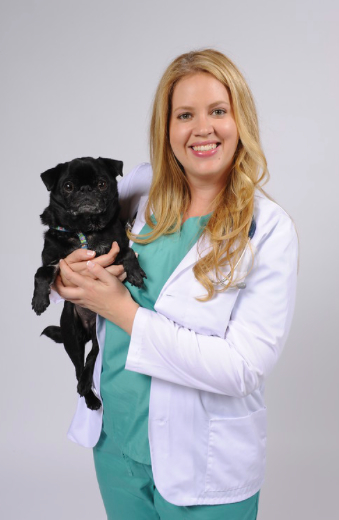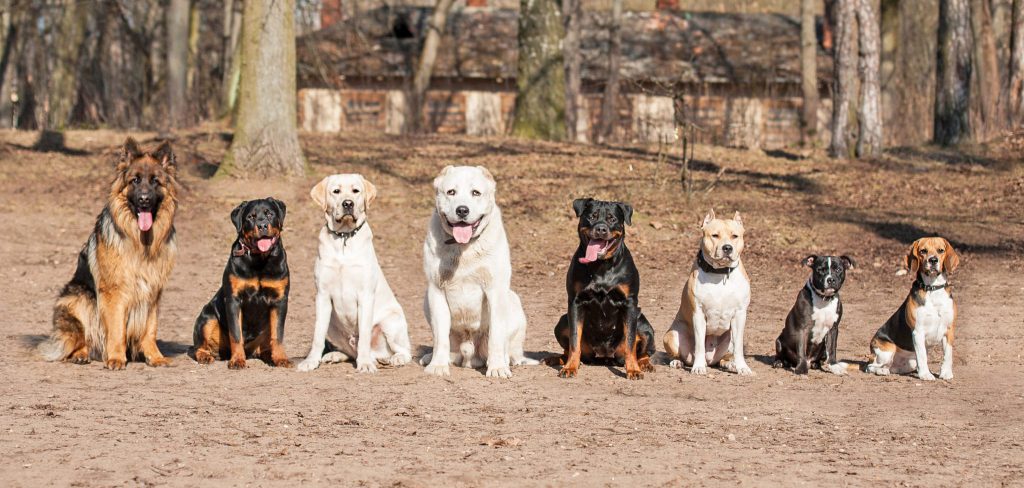
Dos:
- First, visit the dog park alone, before bringing your dog to see if the dogs there seem aggressive, if the owners are attentive, and if the park is clean with secure fencing.
- Second, before taking your dog, keep your dog’s vaccinations up to date with your veterinarian. This includes the rabies and distemper/parvo combo vaccine. Also consider kennel cough (Bordatella), influenza, and leptospirosis vaccines for pets that frequently go to parks and interact with other dogs. Your veterinarian can help you find out which vaccines are appropriate for your pet depending on lifestyle and geographic location.
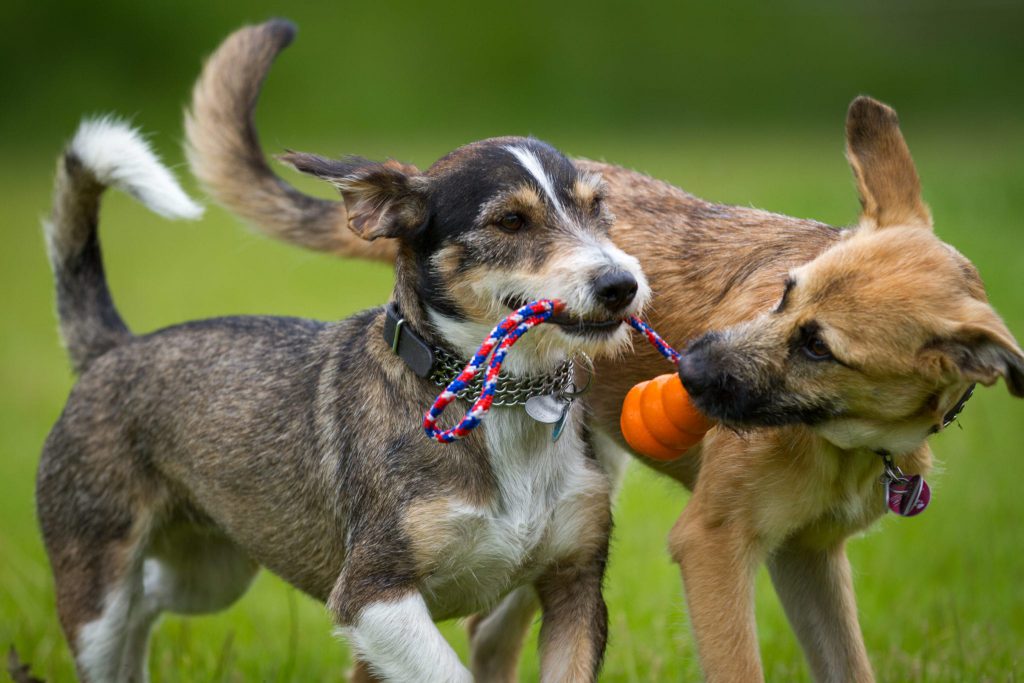
- Use flea, tick and heartworm preventatives recommended by your veterinarian.
- Bring your own water bowl rather than using the communal dog bowl as many illnesses can be spread through dirty or shared water.
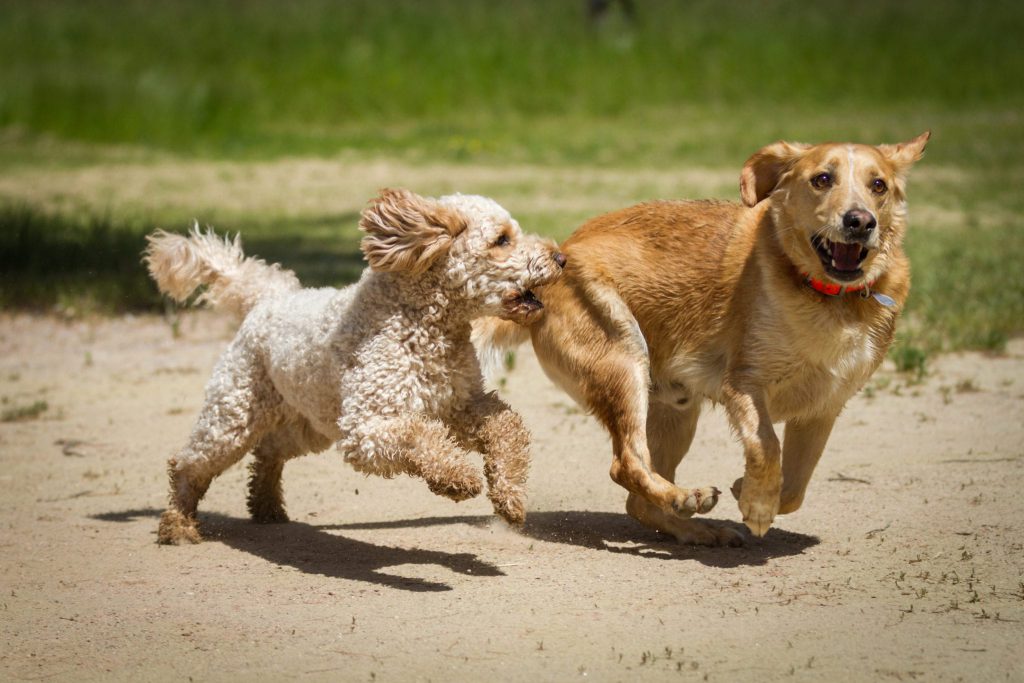
- Be cautious in warm weather to not overheat your dog leading to heat stroke.
- If your dog gets a bite or illness after visiting a dog park, consult with a veterinarian immediately.
Don'ts:
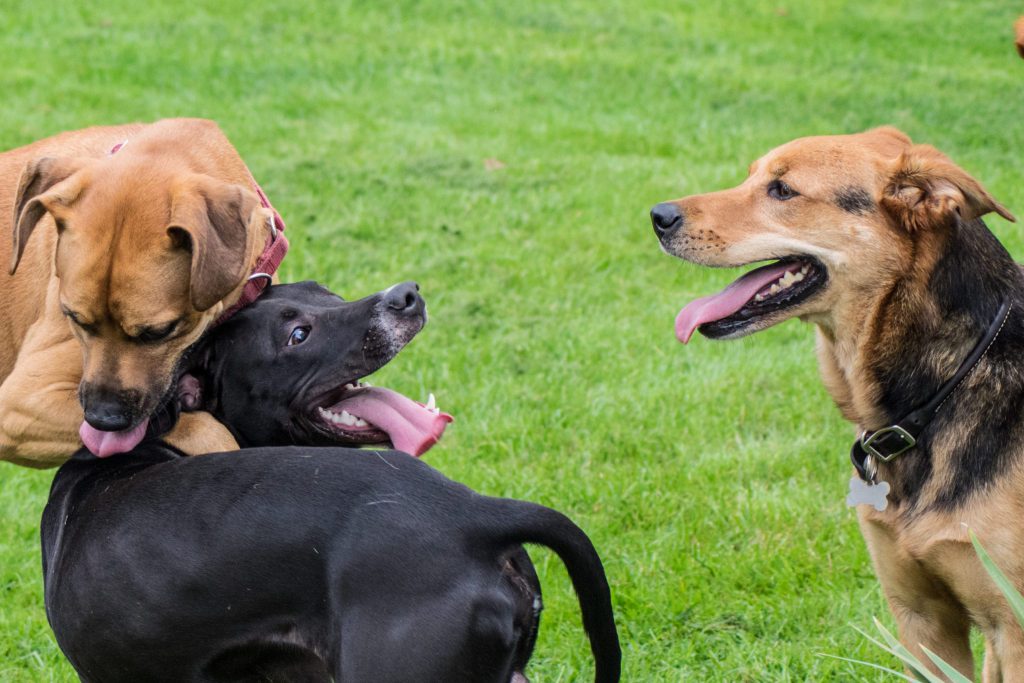
- If your dog is not social (shy, nervous, or aggressive), the dog park is not a good place to grow out of this behavior. Working with a trainer first would be beneficial to protect your dog, other dogs, yourself and other owners.
- Puppies are at special risk and should not visit the dog park until they are fully vaccinated (between 12-16 weeks).
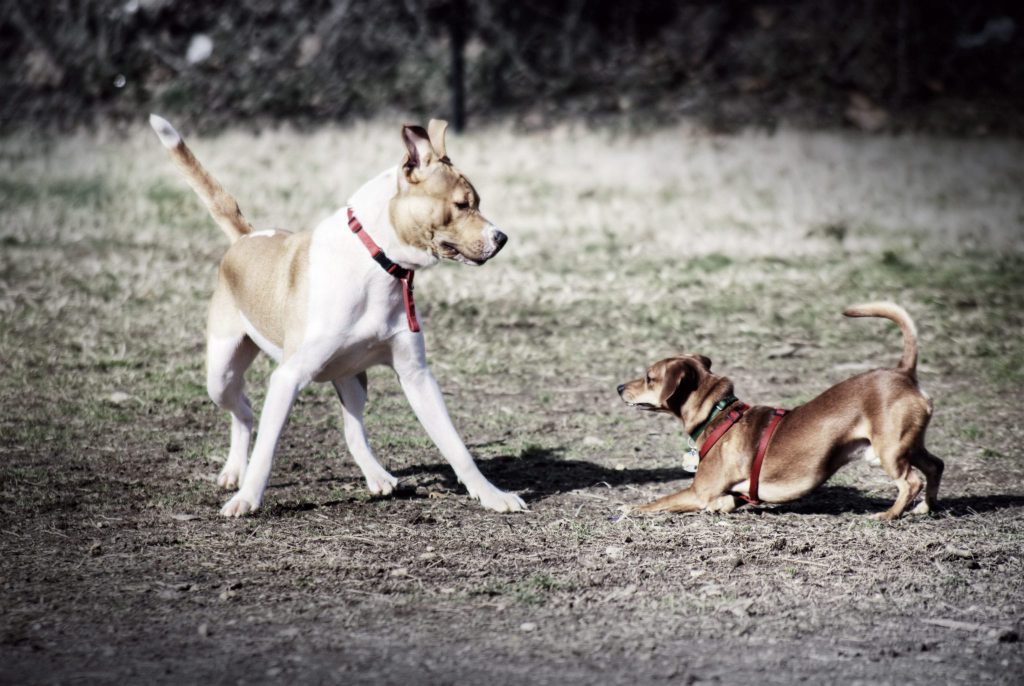
- If you have a female dog that has not been spayed and is in heat, do not bring her to the park as she is at risk of becoming pregnant. Also, she and other dogs are more likely to be aggressive.
- Some fertilizers and insecticides can be toxic or be irritating to dogs. Avoid allowing your pet in areas that have recently been treated with fertilizers or other chemicals.
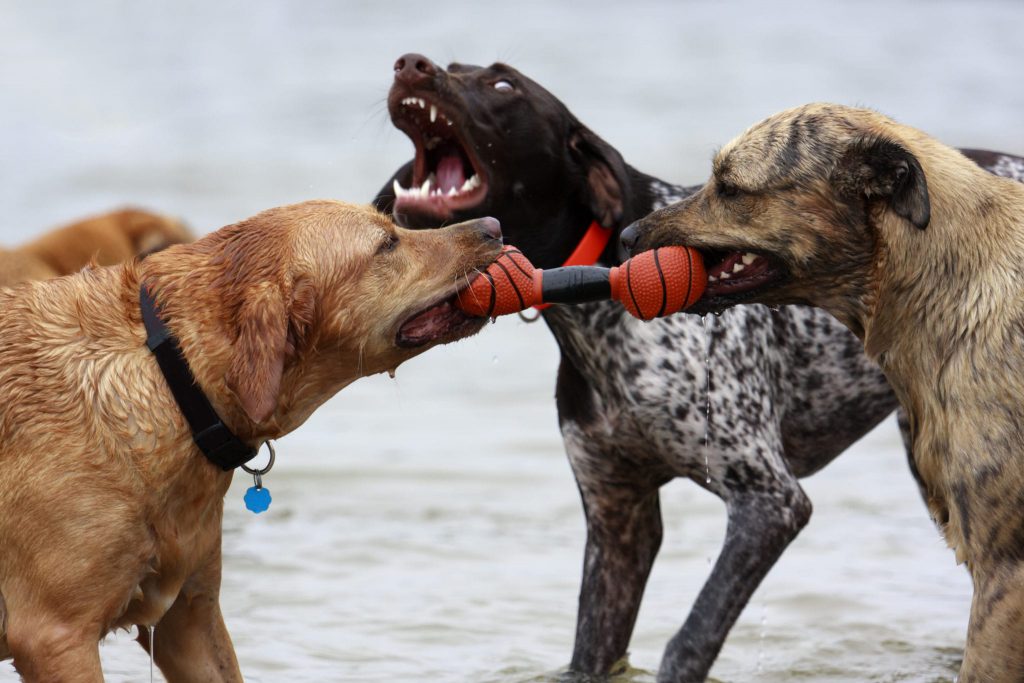
- Humans can also contract diseases from dog parks. Avoid handling soil or feces, and wash your hands thoroughly immediately after contact.
- Don’t hesitate to exit the park with your dog on the slightest discomfort with rough play or signs of aggression from other dogs. Better to be safe than sorry.
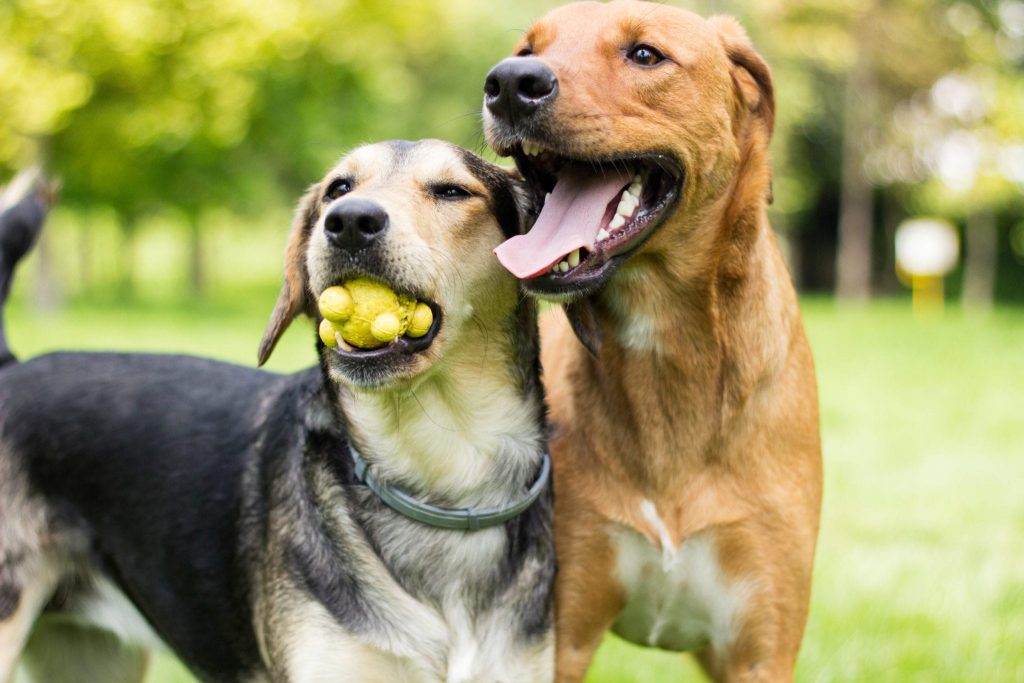
You can buy our vet prescribed supplements here:
Hemp & Hips -
[/et_pb_text][et_pb_image global_parent="1222" src="https://vetnaturals.com/wp-content/uploads/2017/04/amazon-btn-150.png" url="https://www.amazon.com/Veterinary-Naturals-Hemp-Hips-Inflammation/dp/B01N2S774K" url_new_window="on" _builder_version="3.0.106" custom_css_main_element="float:left;||margin-right: 30px;" /][et_pb_image global_parent="1222" src="https://vetnaturals.com/wp-content/uploads/2017/04/chewy-btn-150.png" url="https://www.chewy.com/veterinary-naturals-hemp-hips/dp/152766" url_new_window="on" _builder_version="3.0.106" custom_css_main_element="float:left;" /][/et_pb_column][/et_pb_row][et_pb_row _builder_version="3.10.1"][et_pb_column type="4_4"][et_pb_text _builder_version="3.10.1"]
Resources:
- Burns, Katie. “Advising Clients About Dog Parks”. Journal of American Veterinary Medical Association News. 1 Sept 2006.
- “Dogs’ Social Lives and Disease Risks”. American Veterinary Medical Association.
